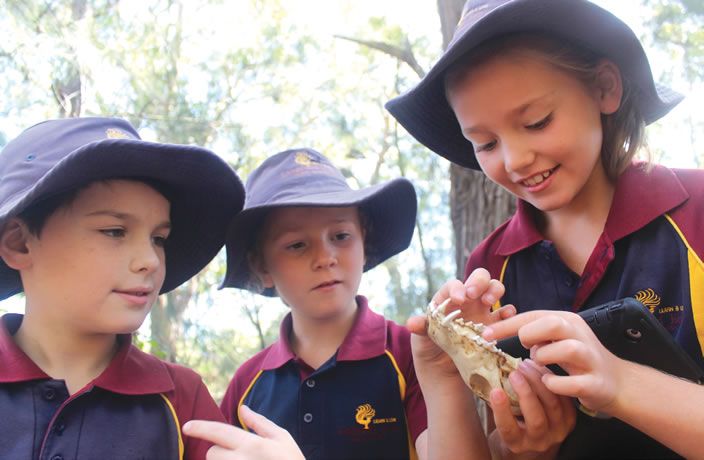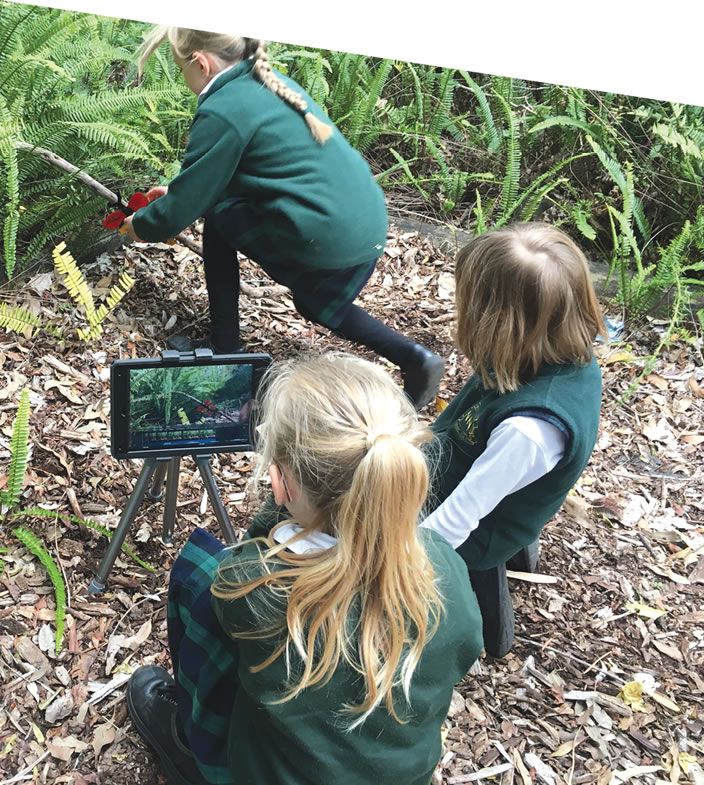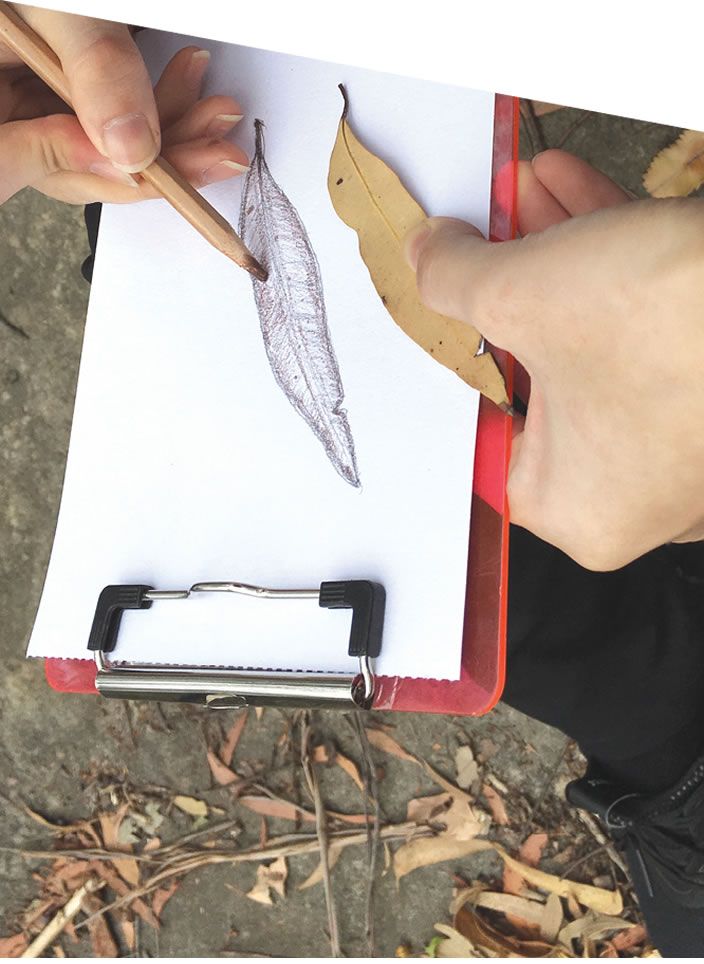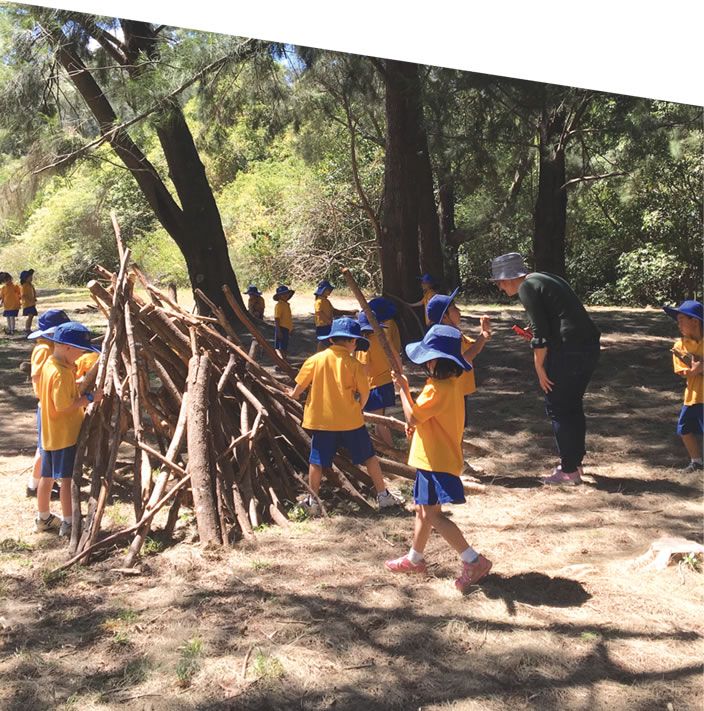If you are just starting your own journey I would look at what you are currently teaching to identify what could be enhanced by taking the learning outside.
Start small and build upon your success or failures (I have had many). Remember fail is just an acronym for First Attempt in Learning. Even without a formal lesson using school gardens and natural areas as a location for silent reading, art or story telling can have positive benefits.
Just being in nature helps students learn to observe living things and the changes that occur throughout the year. Most importantly it helps students learn to value nature and develop connections to it.
There are now many special days and events that could be used to kick start your outdoor pedagogy journey, these include:
https://outdoorclassroomday.com.au
https://www.aaeensw.org.au/our-work/take-me-outside-nsw
https://treeday.planetark.org
https://www.environment.nsw.gov.au/greendates/
During Term 3 and 4, I am very proud of the fact that the Field of Mars EEC is hosting the 2019 IEUA NSW/ACT Branch Environment Conference.
Fun and active
This is a hands on, fun and active conference that will focus on taking learning from a variety of syllabus areas including Geography, Science and English, outdoors.
Participants will walk away with a range of strategies, ideas and pedagogical approaches that can be applied to their own teaching and learning context.
Whatever journey you take it is really important to think about why you are doing it. For myself I am always guided by the words of Sir David Attenborough: “No one will protect what they don’t care about, and no one will care about what they have never experienced”.
As an educator I feel one of my greatest gifts has been to help thousands of young people experience nature and to develop a love and appreciation of it.
IEUA NSW/ACT Branch Environment Conference see https://www.ieu.asn.au/event-list/event-detail?eid=3742
Field of Mars Environmental Education Centre see https://fieldofmarseec.nsw.edu.au












































































































































